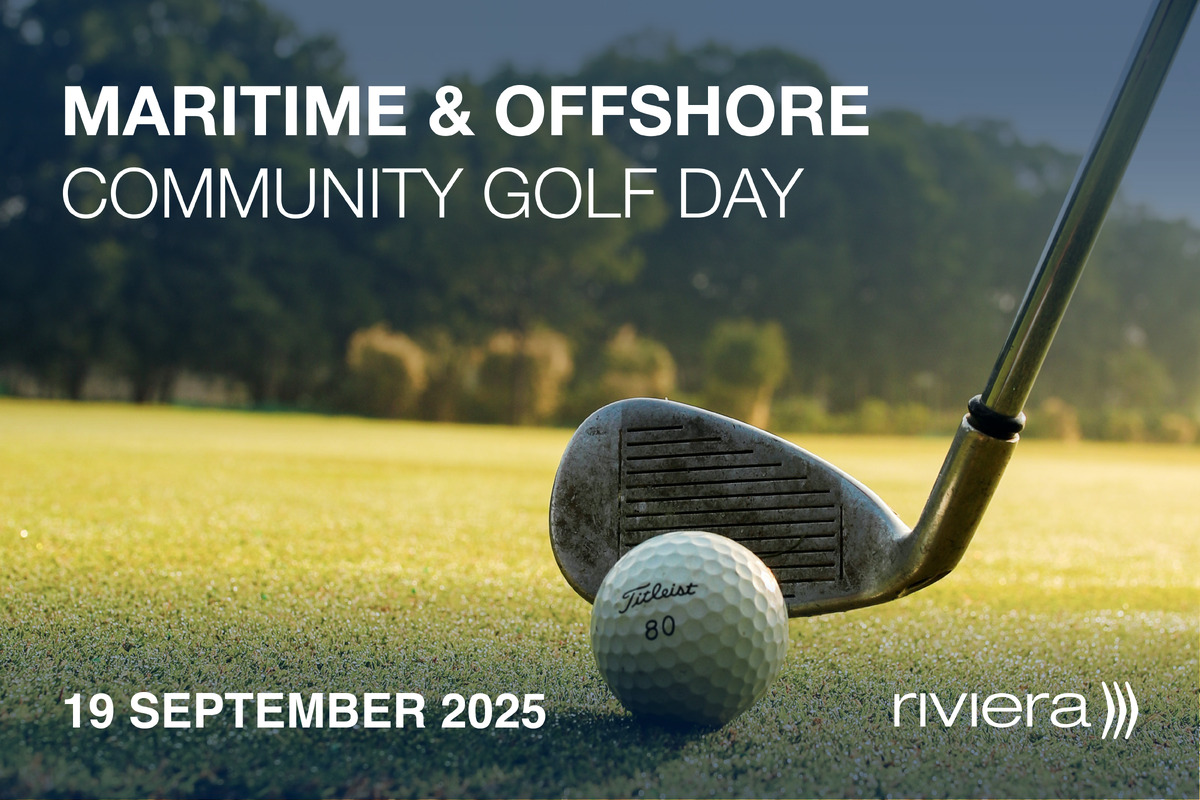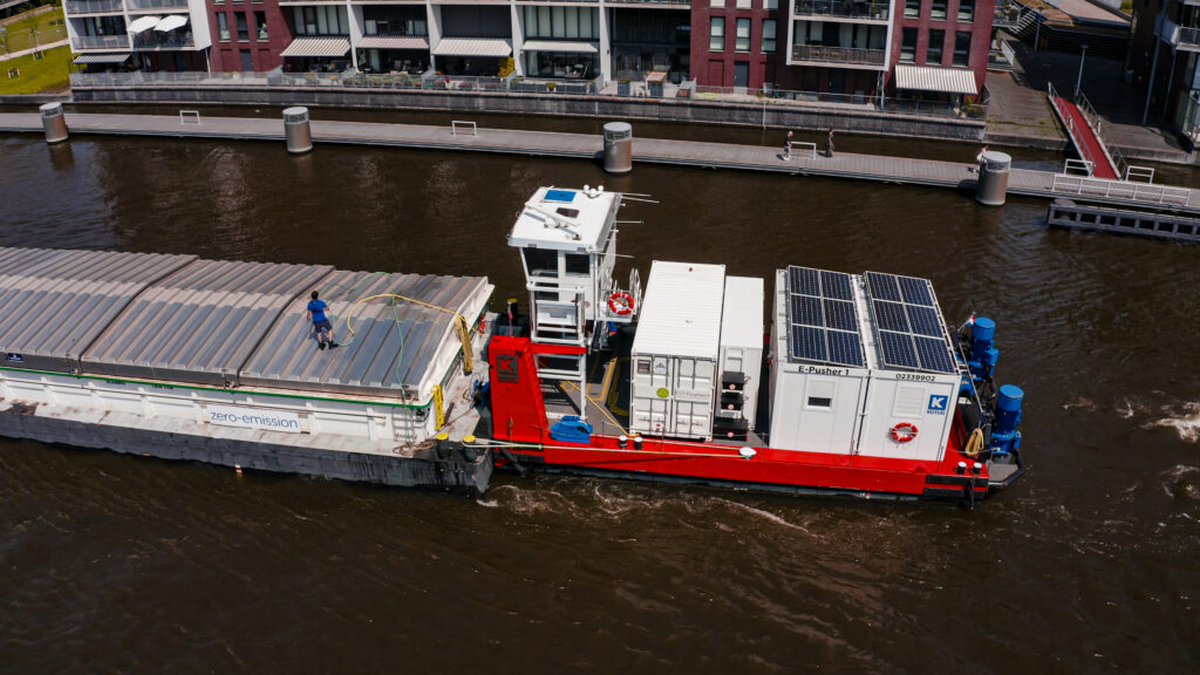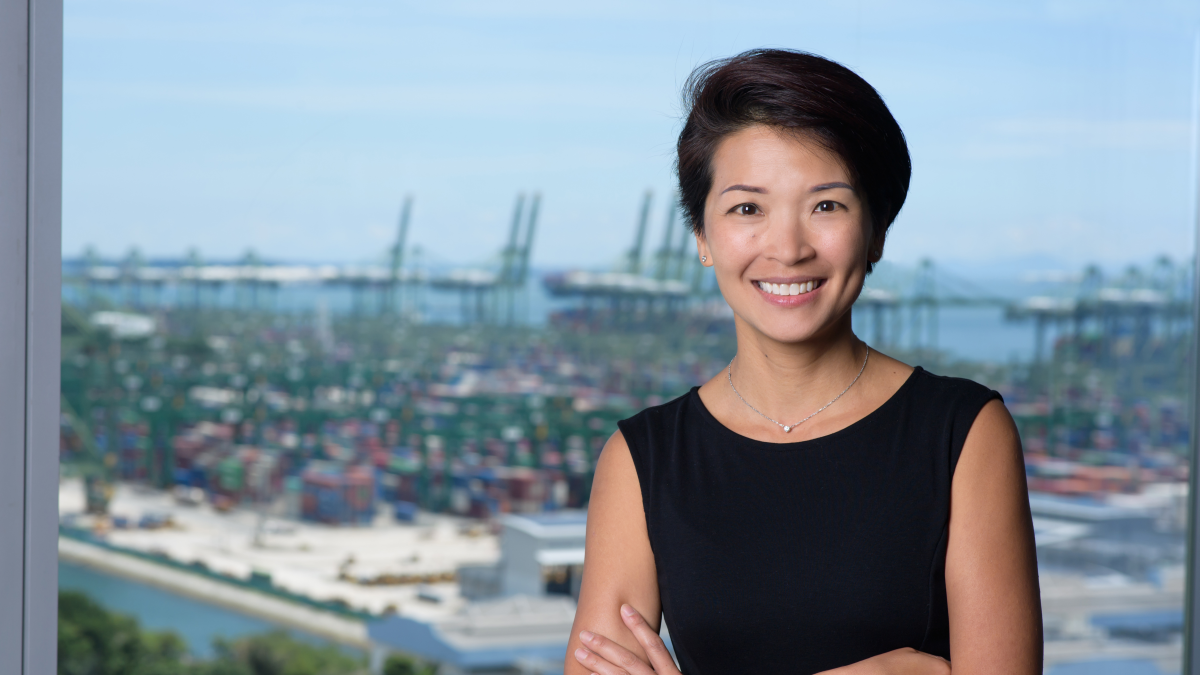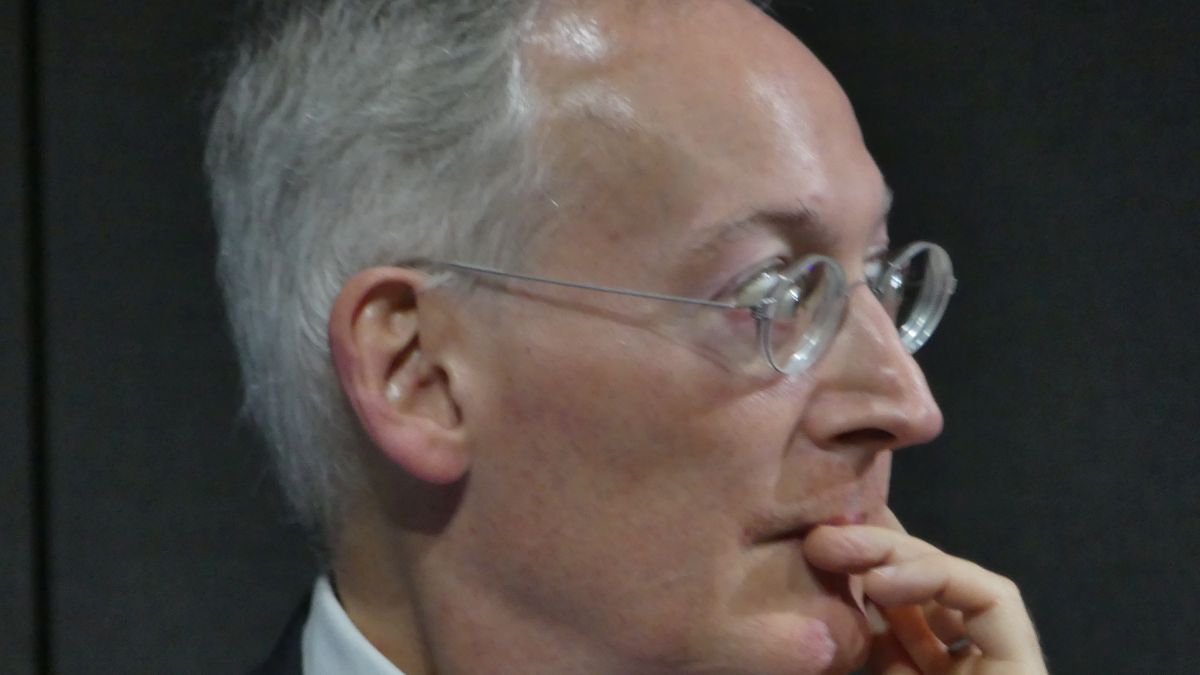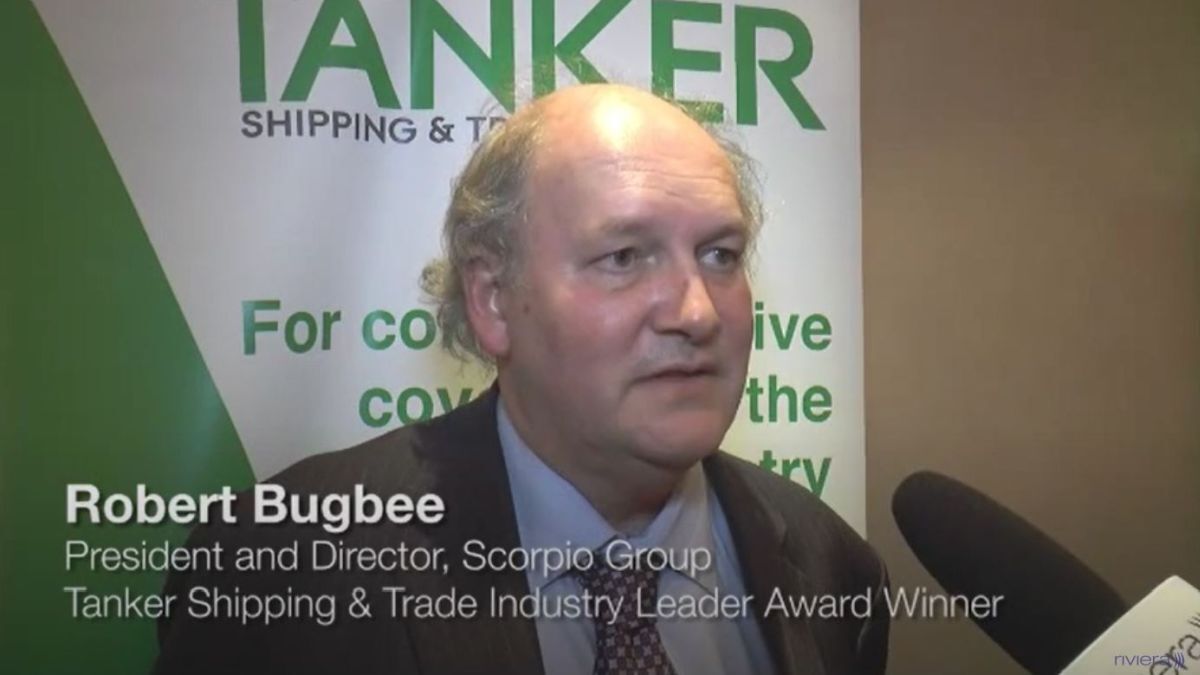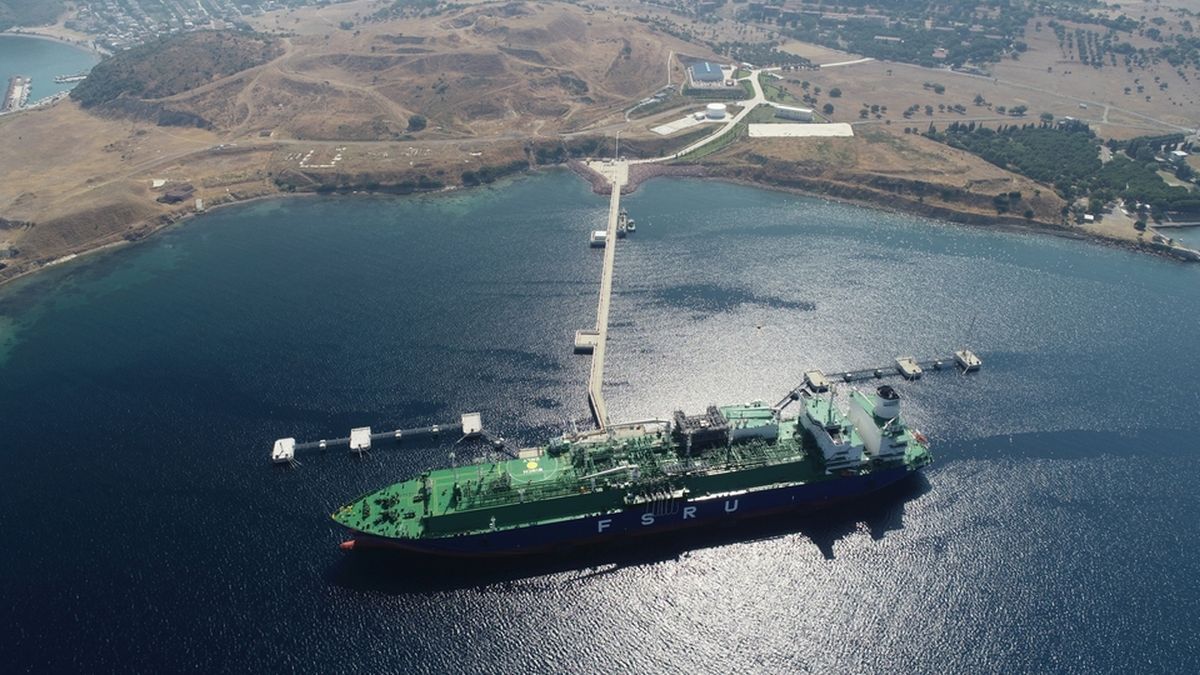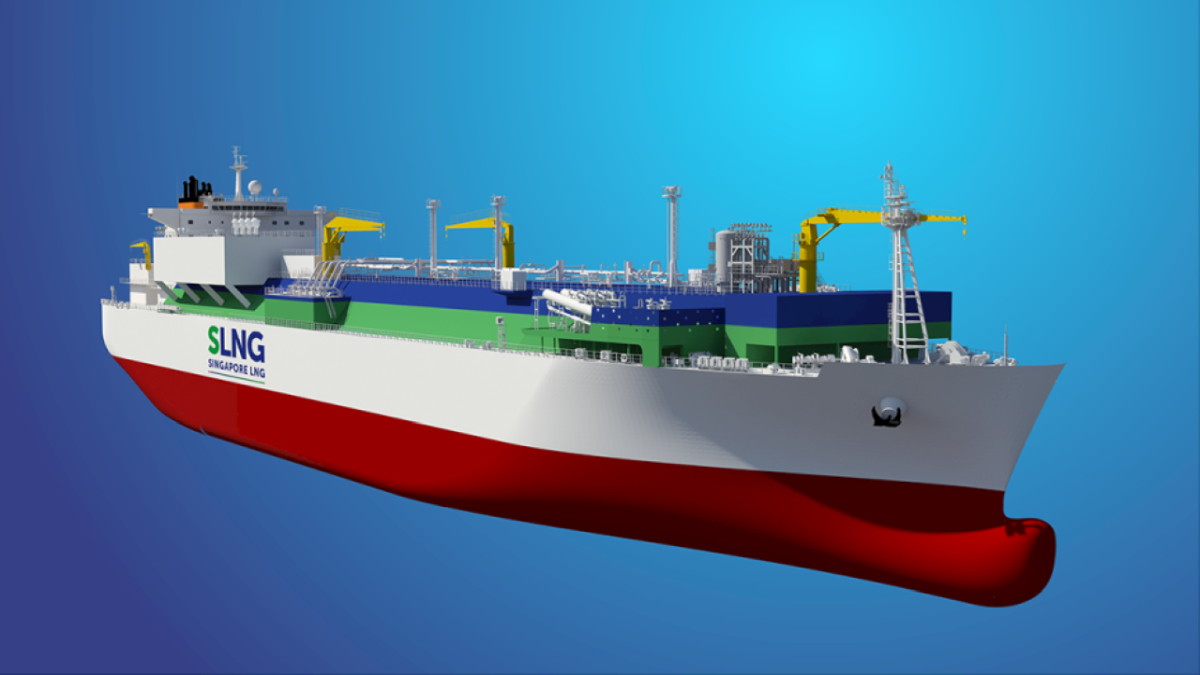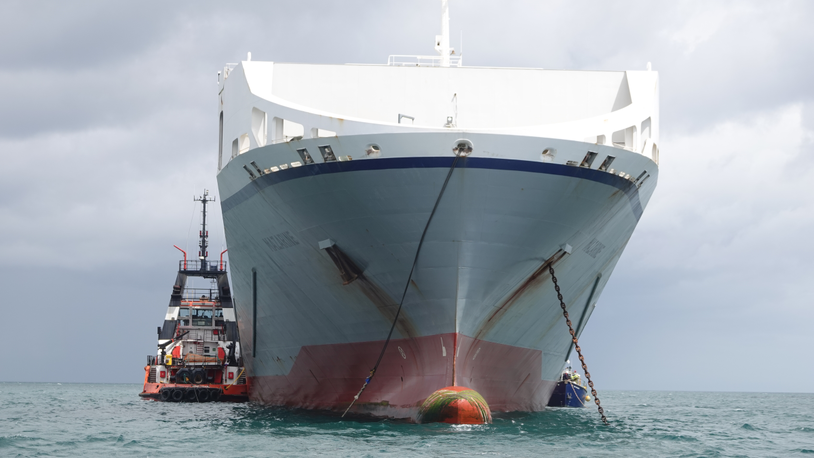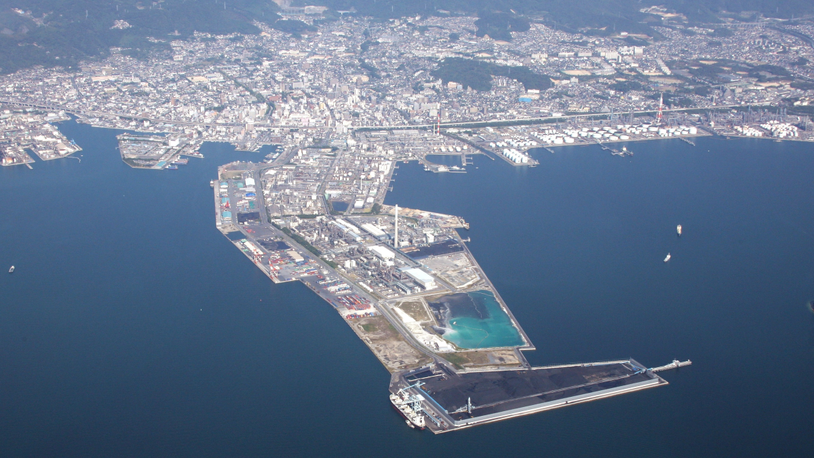Business Sectors
Contents
Register to read more articles.
Kotug helps develop smart planning for green inland shipping
A planning system will be trialled in the Netherlands with a battery-powered pusher tug to support the transition to green and smart inland shipping
A Dutch shipping group’s digital system developer is working with a foundation to introduce smart planning for electric-powered pusher tugs and barges for scaleable freight transport in urban regions.
Kotug OptiPort and the Metropolitan Hub System (MHS) have signed an agreement in Rotterdam, the Netherlands to develop this innovative logistics concept using intelligence to plan and optimise inland shipping using battery-powered vessels.
They expect to deploy the first combined prototype system in the Netherlands in Q3 2025 and to launch a commercial package as a concept for use in other areas and countries in Q4 2025. This prototype will use OptiPort to schedule the sustainable transport of goods within and between urban areas on electrically powered pusher-barge combinations, including Kotug’s own E-Pushers.
This project uses existing waterways, intelligent sailing routes and real-time data, such as vessel positions, water levels and bridge opening times to plan emissions-free cargo transport without requiring additional infrastructure.
Information on optimal sailing speeds, the availability and utilisation of electric pusher tugs and barges will enable smart scheduling and optimal cargo transit on inland waterways.
“This marks the first step toward a new logistics ecosystem in which customers no longer need to own or charter an entire vessel to move goods efficiently and emissions free over water,” said Kotug OptiPort director Patrick Everts. “With smart planning and real-time data, we make waterborne transport scaleable, predictable, and affordable – exactly what cities and shippers need.”
The first step of this agreement is developing a prototype of the smart planning solution that aligns with the results of the MHS Internet of Cargo (IoC) project, which was initiated with the support of the province of North Holland.
IoC focuses on smart data sharing with the goal of operating emissions-free pusher tug barge combinations on regional waters according to a smart digital timetable.
The partners expect the prototype to cover existing cargo flows, such as waste, civil engineering, building materials and agriculture in the provinces of North Holland, South Holland,and Utrecht.
Kotug OptiPort will translate this into a planning platform that can be applied more broadly in other regions and deployed by various logistic parties.
The MHS Foundation is collaborating with the participating provinces across the Netherlands on the transition towards clean inland shipping as a solution to urban transport challenges.
"We want to demonstrate that data-driven planning is not a distant ideal"
MHS said it would act as a catalyst and work with partner Circle Line Logistics in refining, testing and scaling the smart planning solution.
According to MHS board member and Circle Line Logistics co-founder, Peter de Bruijn, the strength of the collaboration lies “in the combination of technology, practical experience, and a shared ambition".
Support is also provided by the Interreg project InnoWatr, the Samen Circulair Heerenveen foundation, the provinces of Fryslan and Groningen and waste processing company Omrin.
“We want to demonstrate that data-driven planning is not a distant ideal, but the key to emissions reduction and efficient regional supply chains,” said Mr de Bruijn.
’s nextVessel Optimisation Webinar Weekfocus on AI-driven vessel optimisation, practical decarbonisation strategies, and the integration of digital twinUse this link for more information and to register
Related to this Story
Events
Maritime & Offshore Community Golf Day 2025
Offshore Wind Webinar Week
Maritime Decarbonisation, Europe: Conference, Awards & Exhibition 2025
Offshore Support Journal Conference, Americas 2025
© 2024 Riviera Maritime Media Ltd.
